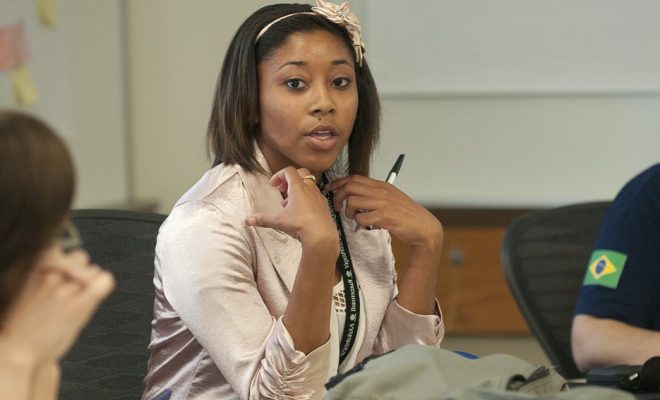Is Digital Equity the Civil Rights Issue of the Day?

The civil rights movement has always been about ensuring that all people, regardless of race, sex, income, religion, or other factors, have equal access to opportunity. In today’s world, technology is increasingly needed to access many opportunities. But not everyone has equal access to technology. The idea of digital equity as a civil rights issue has been raised, and many are calling digital equity the civil rights issue of our day.
What exactly is digital equity? Digital equity is the idea that all people should have equal access to digital technology. Currently, in the United States, there are 5 million households with school-aged children who do not have access to the internet. Children whose parents make less than $50,000 per year make up most of this group. Black and Hispanic children are also far more likely than their white peers to live in a home without internet access.
With this in mind, it’s clear that we are in a state of digital inequity. Some children have more access to digital technology than others. This is important, and there can be no doubt that this digital gap is a civil rights issue.
More and more schools are incorporating digital technology into their curriculum—as they should. Technology is a part of nearly every industry. More than half of the jobs available in today’s marketplace require some type of computer skills, and that number is expected to grow at a tremendous pace in the next few years. To prepare students for this digital world, they must have access to technology.
But without an internet connection, some students can’t even complete their nightly homework. About seventy percent of teachers assign homework that requires internet access. That means the millions of children who can’t access the internet at home are already falling behind.
If we are going to build a world that is based on digital technology and the internet, then we must ensure that all students have access to these things. Otherwise, we are creating barriers that will keep children (especially children of color and children from low-income families) from achieving their full potential. It is impossible to discuss digital equity or the digital divide without considering it as a civil rights issue.
How have you seen issues of digital equity play out in your school or community? What has your school done to ensure all students have access to tech?





